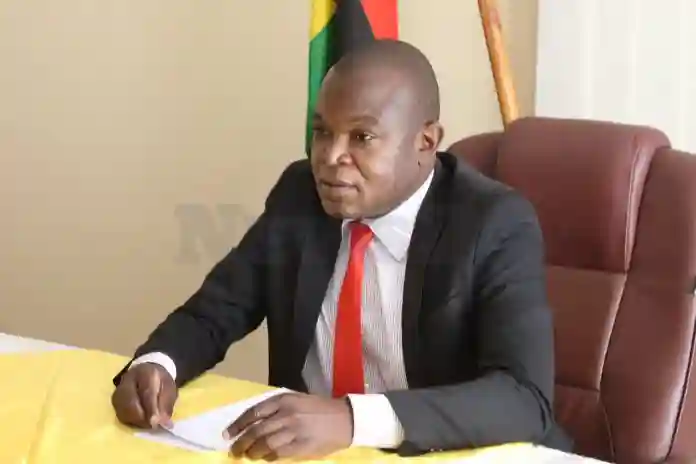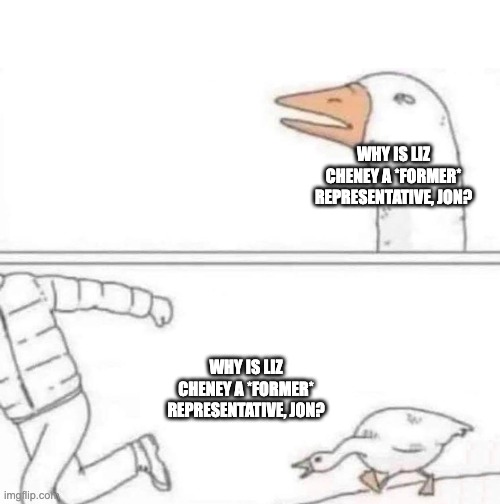As
provincial
delegates
took
to
the
stage
to
endorse
Mnangagwa’s
leadership
until
2030,
chants
of
“2030
for
Mnangagwa”
resounded
throughout
the
venue
with
growing
calls
for
his
extended
presidential
term.
Provincial
leaders,
from
Harare
to
the
Midlands,
echoed
the
sentiment,
showing
support
for
proposed
amendments
to
Zimbabwe’s
constitution
that
could
grant
Mnangagwa
a
third
term
or
eliminate
term
limits.
These
prevailing
sentiments
are
feared
to
cement
Mnangagwa’s
leadership
well
beyond
his
current
term,
as
the
2030
mantra
emerged
as
a
dominant
narrative
from
party
delegates.
The
conference
saw
strong
calls
from
all
10
provinces
for
Mnangagwa
to
lead
until
2030.
Harare
Province,
represented
by
Chairman
Godwills
Masimirembwa,
made
the
2030
endorsement
after
they
were
called
on
by
the
party’s
secretary
general,
Obert
Mpofy
to
make
their
greetings.
This
was
followed
by
similar
expressions
of
support
from
Mashonaland
East,
Mashonaland
West,
Masvingo,
Matabeleland
North,
Matabeleland
South,
and
the
Midlands.
This
collective
endorsement,
marked
by
loud
applause,
singing,
and
dancing,
left
little
room
for
discussion
on
succession
plans,
which
were
anticipated,
as
Mnangagwa’s
official
speech
emphasised
unity,
loyalty,
and
party
resilience,
suggesting
that
succession
planning
might
not
be
a
priority
on
the
agenda.
In
his
keynote
address,
Mnangagwa
expressed
gratitude
for
the
party’s
dedication
and
loyalty,
party
discipline
and
loyalty
to
party
leadership.
“Zanu
PF
is
a
moving
train,
always
ready
to
welcome
new
members,”
he
said.
“However,
party
systems
must
be
tightened
and
insulated
against
infiltration
by
divisive
elements
and
malcontents
who
have
no
regard
for
the
political
order
that
is
guaranteed
by
the
supreme
Party
Constitution.”
In
line
with
Article
2,
Sections
8
and
9
of
Zanu
PF’s
amended
Constitution,
the
president
challenged
the
conference
delegates
to
reaffirm
their
commitment
to
the
party’s
Constitution.
“This
binds
all
members
and
must
be
respected,
adhered
to
and
fulfilled
by
all
of
us,
at
every
level,
without
exception,”
Mnangagwa
said
cautioning
party
members
against
“ideological
indecisiveness”
and
that
party
loyalty
is
paramount.
“Further,
the
threats
posed
by
indiscipline
and
political
excesses
of
opportunists
should
be
addressed
head-on.
In
Zanu
PF,
we
toe
the
correct
line
of
the
revolution.
There
is
no
room
for
ideological
indecisiveness.”
Citing
Article
3
Section
19,
Mnangagwa
added,
“Every
member
of
the
Party
has
a
duty
to
be
loyal
to
the
Party
and
its
leadership.”
The
President
avoided
directly
addressing
the
growing
chorus
for
a
2030
agenda
but
underscored
the
importance
of
allegiance
to
Zanu
PF
principles
and
its
leadership
and
stressed
the
need
to
protect
the
party’s
reputation,
instructing
members
to
adhere
to
the
“correct
line
of
the
revolution.”
“Sub-section
(6)
also
obligates
11
us
to
conduct
ourselves
honestly
and
honourably
in
dealing
with
the
Party
and
the
public
so
that
we
do
not
bring
the
Party
or
its
leadership
into
disrepute
and
ridicule,”
Mnangagwa
said
“No
one
will
be
allowed
to
derail
the
Party’s
people-centred
character.
Ultimately,
we
the
people
must
always
defend
the
Party. Zanu
PF
musangano
unoyera.
MuZanu
PF
tine
tsika,
yekukudzana
nekuremekedzana.
Zanu
PF
hayikwani
muhomwe
yemunhu (The
party
does
not
fit
in
one’s
pocket).”
“In
Zanu
PF,
we
toe
the
correct
line
of
the
revolution,”
Mnangagwa
declared,
emphasising
the
need
for
cohesion
within
the
party
ranks.
As
cautioned
by
some
political
analysts
and
opposition
figures,
the
conference
largely
turned
into
a
“rubber
stamp”
event
to
bolster
Mnangagwa’s
2030
ambitions,
with
little
indication
of
open
dialogue
on
succession.
Mnangagwa’s
emphasis
on
unity
and
loyalty
could
also
be
a
prelude
to
a
strengthened
push
for
constitutional
amendments
allowing
him
to
remain
in
office
indefinitely.
Meanwhile,
the
president
also
congratulated
all
members
for
the
successes
scored
by
the
ruling
party
including
victories
in
various
by-elections.
“Overally,
the
Commissariat
undertook
key
activities
such
as
the
restructuring
of
Cells
and
Villages.
The
existence
of
a
credible
and
electronically
stored
Party
Membership
Database
has
become
an
urgent
necessity,”
he
said.
“Delivering
this
multi-functional
membership
register
tool
cannot
be
left
at
the
level
of
the
Party
Headquarters
alone.
It
is
the
duty
of
all
Party
leaders
and
members
to
work
harder
and
honestly
to
deliver
an
accurate
and
verifiable
Party
register.”
“This
will
also
enable
more
responsive
development
planning
over
and
above
the
routine
strengthening
of
our
internal
democratic
processes
and
procedures.”
However,
Mnangagwa
said
he
was
aware
that
in
some
districts,
“chaotic
records
of
members
are
deliberate
and
preferred
by
those
holding
Party
positions
to
gain
favour
or
advantage
over
others.”
He
said
that
was
“unacceptable
and
must
stop.”
“Party
structures
are
critical
for
a
strong
foundation
of
the
revolution.
We
should
guard
against
infiltration
into
the
structures
and
not
destroy
the
structures.”
The
president
also
said
it
is
“pleasing”
that
the
Zanu
PF’s
membership
is
“steadily
growing,
especially
in
provinces
like
Bulawayo.”
“Organisations
and
individuals
affiliating
and
sympathising
with
the
Party
are
broadening.
However,
the
Party
should
not
relax,”
Mnangagwa
said.
In
closing,
Mnangagwa
reiterated
the
importance
of
the
conference.
“The
outcome
of
this
Conference
has
far-reaching
implications.
Zanu
PF
is
the
Party
that
is
leading
Zimbabwe,
developing
every
Province,
District,
Ward
and
Village;
we
shall
industrialise
and
modernise
our
motherland,
ourselves.
Forward
and
forward
ever!,”
he
said.
“With
these
remarks,
it
is
my
singular
honour
and
privilege
to
now
table
the
Central
Committee
Report
and
declare
the
21st
National
People’s
Conference,
officially
open.
Zanu
PF
is
the
Party
that
is
leading
Zimbabwe…
we
shall
industrialise
and
modernise
our
motherland,
ourselves.”
 Staci
Staci





 As
As

